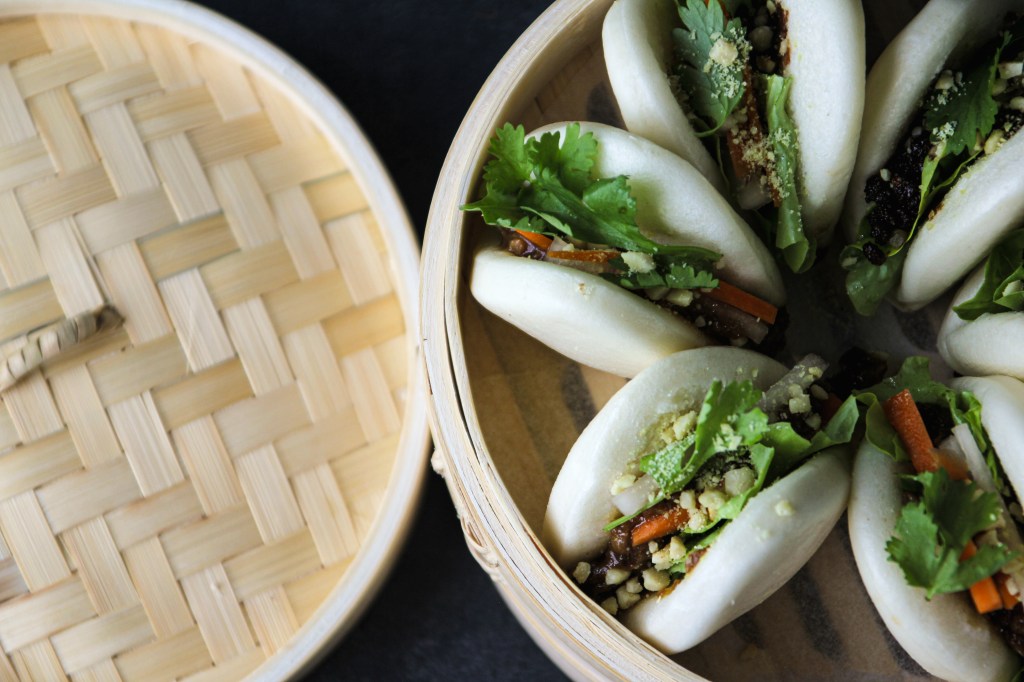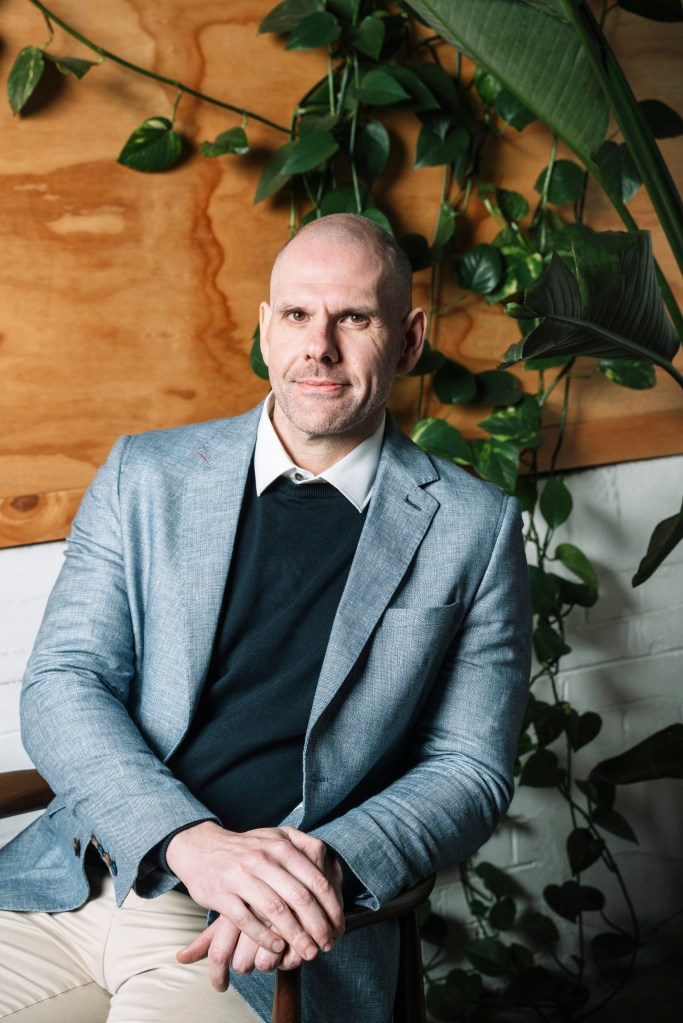Australian start-up Magic Valley recently debuted its new cultivated pork bao buns products at a tasting at John Gorilla Café in Brunswick.
The event – which was attended by members of a diverse range of industries interested in the technology – follows the launch of the company’s cultivated lamb meatballs at the start of 2024.
Magic Valley Founder & CEO Paul Bevan spoke to Future Alternative about the response to the pork bao buns, which were created by Senior Research Assistant and Chef Wendy Chua.
“We’ve probably held more cultivated meat tastings than any company in the world, but it’s always nerve-racking having experienced chefs and food entrepreneurs critique your products,” said Bevan. “However, much like our cultivated lamb meatballs, the overwhelming feedback we received on our cultivated pork bao buns was that they were indistinguishable from the traditional variety. They captured the authentic flavors and textures that consumers expect from traditional pork.”
Chua also commented on the reaction from participants, saying, “Most attendees were surprised at the taste and texture of the pork in our bao buns and how closely they resemble the traditional variety. Which just goes to show the flexibility of our cultivated pork mince product in a variety of different cuisines and dishes from all around the world.”

Focusing on the mainstream market over luxury
Fellow Australian cultivated meat brand Vow recently announced it was pivoting towards the luxury market for its cultivated quail product. Magic Valley, however, has kept its focus on the mainstream consumer market, claiming to have developed a scalable platform for enabling indefinite cell growth without fetal bovine serum using iPSC (induced pluripotent stem cell) technology.
The start-up opened a new pilot facility in Melbourne last year to increase production capacity to 3,000 L bioreactors and reach 150,000 kg of product annually. It also partnered with Biocellion SPC to speed its advancements in bioreactor technology and lower production costs.

“Our goal has always been to develop affordable products for mainstream consumers, so we’ll be focused on wholesale producers that distribute widely through both retail and food service channels,” Bevan told Future Alternative. “We won’t be restricted to niche items in high-end restaurants, thanks to the inherent scalability and cost-effectiveness of our unique technology.”
Bevan added that developing Magic Valley’s core products such as cultivated lamb and pork would remain the focus in the short-term as the company moved towards commercialisation.
He also said the start-up was mulling aquatic species as “a market where we can have an extremely large impact through developing cultivated seafood products.”
To stay up-to-date on the latest industry headlines, sign up to Future Alternative’s enewsletter.


